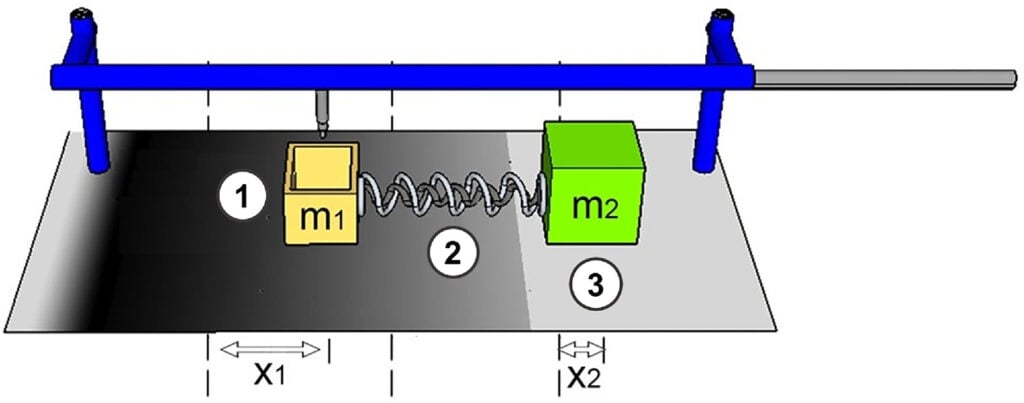Research
As the national university, we champion and support innovative research that addresses the country’s most pressing challenges.
03 Mar 2026
Indigenous myths are closely connected to the lived experiences and ongoing struggle of the Lumad for self-determination
Myths that involve sacred spaces largely make up local knowledge among Indigenous Peoples across continents. Often, these myths are dismissed...
Read More02 Mar 2026
Study uses machine learning to predict whether a patient is intoxicated due to pesticide exposure
In response to a growing human population, greater attempts to correspondingly increase agricultural production become necessary. To boost crop production,...
Read More27 Feb 2026
Researchers use ChatGPT in their writing mainly out of trust in the technology than perceived usefulness
ChatGPT has attracted the attention of the scientific community. Unlike existing writing tools that are conventionally capable of checking styles,...
Read More26 Feb 2026
Croplands in Tarlac have been reduced due to their conversion into farms for solar power plants
Clean energy, such as solar power, is an important solution for reducing carbon emissions and ensuring a stable energy supply....
Read More25 Feb 2026
Films function as visual records of national violence and their inclusion in cinematic archives is crucial to preserve historical memory
This research revisits the discourses surrounding films about the regime of former President Ferdinand Marcos Sr. It proposes the employment...
Read More24 Feb 2026
Scientists develop a model that shows how heat moves during femtosecond pulsed laser ablation
Imagine a laser so fast, it can zap tiny bits of metal in the blink of an eye. This process,...
Read More23 Feb 2026
Density is not only experienced by residents but also actively produced through their discursive and material practices
While there is a long and varied history of research on urban density, there is little work examining how
high-density urbanism...
20 Feb 2026
Nine plant species in the beach forest of Hijo in Davao del Norte are considered threatened
Philippine flora, noted for its high levels of endemism, is increasingly threatened by deforestation, climate change, illegal logging, and infrastructure...
Read More19 Feb 2026
ASEAN would benefit from a shared regulatory framework for business competition, particularly in relation to artificial intelligence
Big tech companies are facing more and more scrutiny over their business practices, especially in the US and Europe, where...
Read More18 Feb 2026
A comprehensive approach to landfill management is essential to enhancing urban resilience in the context of climate change
In 2050, the global waste levels are expected to rise by 69% from 2016 levels, reaching 3.4 billion tons. Unfortunately,...
Read More16 Feb 2026
New mechanical cacao bean huller achieves high-efficiency separation with high-purity nib output
Cacao beans are the key ingredients in making chocolate, and their quality and processing efficiency greatly affect the taste and...
Read More11 Feb 2026
Lalani of the Distant Sea creates an independent Philippine-inspired fantasy world that transcends national boundaries
Lalani of the Distant Sea, a middle-grade fantasy novel by Newbery Medal–winning Filipino American author Erin Entrada Kelly, illustrates how...
Read More











